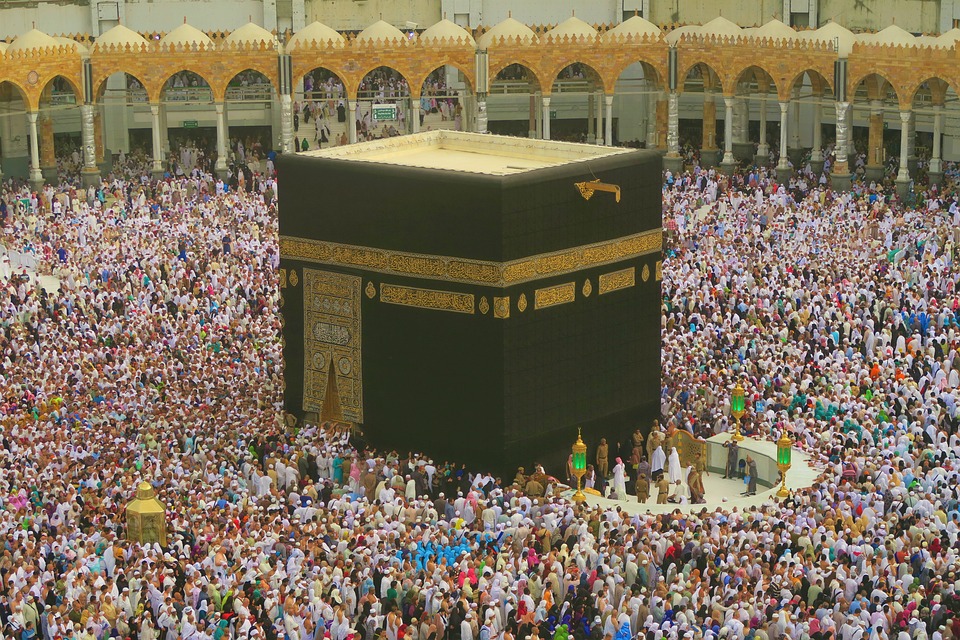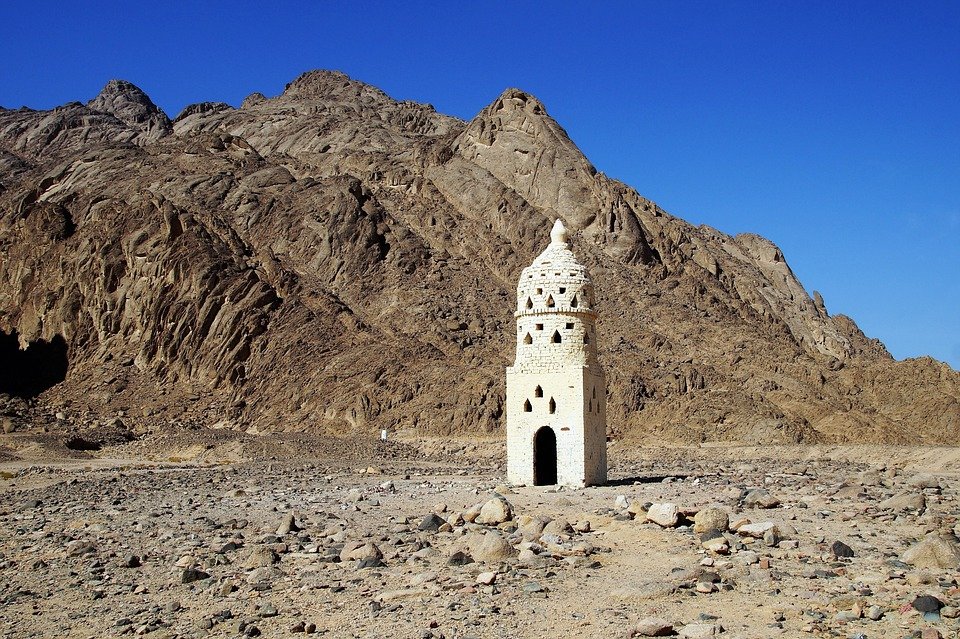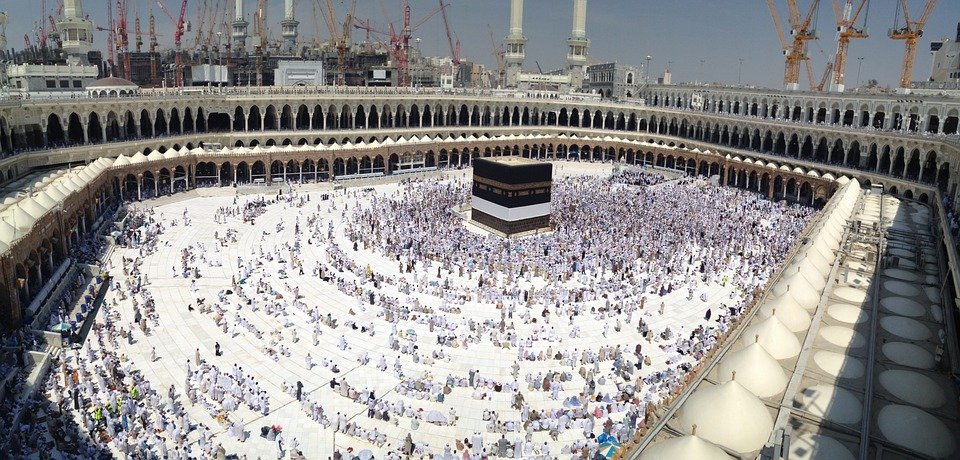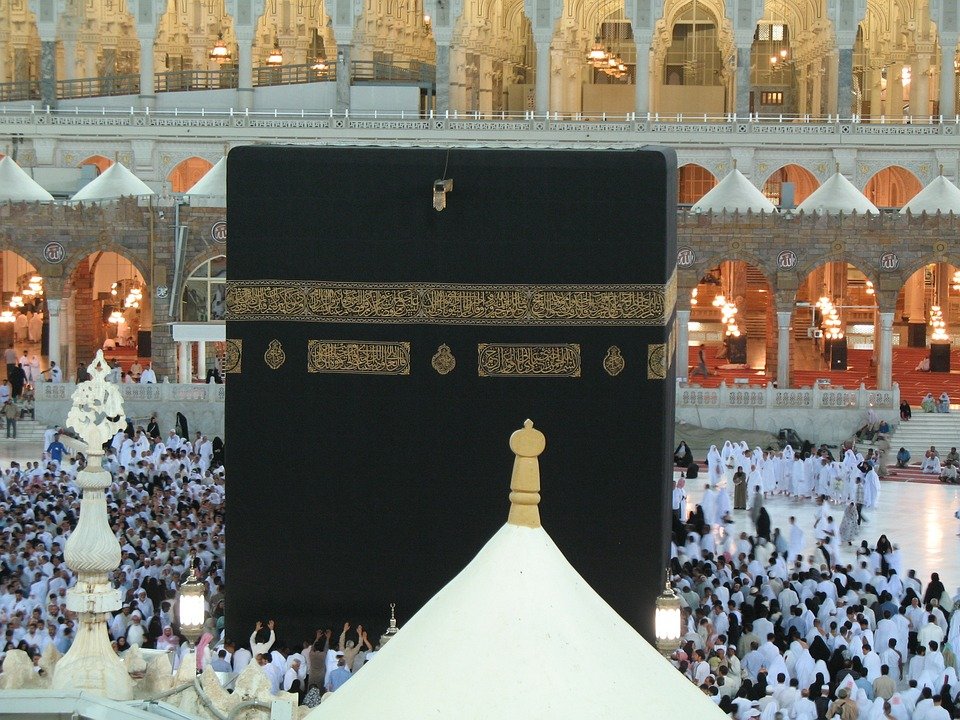When exploring the topic of “what age can you do Hajj,” it’s essential to understand the guidelines that shape this significant pilgrimage. In Islam, Hajj is a spiritual obligation that every Muslim must undertake at least once in their lifetime, but age plays a crucial role in when one becomes eligible. In this article, we promise to provide you with a comprehensive guide to help you understand what age can you do Hajj, alongside essential details to ensure a fulfilling experience.
I believe that knowing the significance of what age can you do Hajj empowers individuals and families as they plan this momentous occasion. The requirements around age serve as a foundation for understanding readiness for this holy pilgrimage. Our expertise through Airlink Hajj and Umrah, spanning over nine years in the Makkah and Madinah travel field, assures you that we can provide valuable insights about “What Age Can You Do Hajj? Essential Requirements Explained.” Together, let’s explore this vital aspect of faith that cultivates a deeper appreciation for the teachings of Islam.
Understanding Hajj: A Sacred Pilgrimage
Hajj is one of the most significant religious practices in Islam, taking place in the holy city of Makkah. Every year, millions of Muslims from diverse backgrounds come together to perform rituals that date back to the time of Prophet Ibrahim (Abraham). This pilgrimage is not just a religious duty; it symbolizes unity, peace, and devotion. Each year, it captivates not only the participants but also the entire world, showcasing the beauty of faith in action.
Many people wonder, “What age can you do Hajj?” This question is vital for prospective pilgrims. While there are no specific age requirements, it’s crucial to consider both physical and mental readiness. Hajj involves several demanding rituals, and it’s essential to be able to handle the physical strain while also understanding the spiritual significance of the pilgrimage.
Age Requirements for Hajj
In general, there is no minimum age set by Islamic law for performing Hajj. However, many families choose to take their children once they reach a certain age, often around puberty, when they are more likely to understand the spiritual meaning behind the rituals. Many feel that experiencing Hajj during teenage years can have a profound impact on a young person’s faith and understanding of Islam. The experience can be transformative and inspiring for young minds.
On the other hand, many adult Muslims perform Hajj later in life. Some might wait until their careers are stable or their children are older. The flexibility in age allows people to make the pilgrimage at a time that feels right for them. The important thing is the commitment and intention behind the act, no matter the age at which one decides to embark on this important spiritual quest.
The Physical and Mental Demands
Hajj is not just a leisurely trip; it requires both physical strength and mental resilience. The rituals involve walking long distances, standing in queues, and enduring varying weather conditions. For this reason, older adults or individuals with health issues should ensure they are in good condition before undertaking the pilgrimage. It’s often recommended to consult healthcare professionals and make sure that any medical needs are met before the trip.
On the mental side, understanding the significance of each rite is essential. Hajj involves rituals like Tawaf (circumambulating the Kaaba), standing at Arafat, and the symbolic stoning of the devil. Each action carries deep meaning, representing submission, obedience, and unity. Those participating should strive to comprehend these aspects to make their experience truly meaningful.
Spiritual Readiness: A Key Factor
In my opinion, spiritual readiness plays a crucial role in determining the right time to perform Hajj. Whether young or old, the intention behind the pilgrimage matters a great deal. It’s not merely about completing a checklist of rituals; it’s about connecting with one’s faith on a deeper level. Many feel that attending Hajj at a time when one is actively seeking spiritual growth brings lasting benefits.
For younger pilgrims, attending Hajj under the guidance of knowledgeable family members can enhance their experience. Learning about the rituals from elders can foster a greater appreciation for the pilgrimage. Simultaneously, adults who attend with a sincere heart often find the pilgrimage revitalizes their faith and inspires them to fulfill their religious obligations more fully. The connection formed during Hajj tends to stay with the individual long after their return.
Legal Requirements: Permits and Documentation
Another essential aspect to consider is the legal requirement for performing Hajj. Every pilgrim must possess a valid passport, a visa for Hajj, and sometimes tickets for transport and accommodation. Tour operators play a significant role in assisting pilgrims with these preparations, making sure everything is up to date. Without the correct documentation, embarking on this journey could become difficult.
Those under a certain age may need to have a guardian or an adult companion. Many adults prefer to travel with family members or friends, creating a supportive environment. When planning together, the pilgrimage often becomes not just a spiritual experience but also a shared familial memory that lasts a lifetime.
Seeking Guidance from Experienced Pilgrims
Listening to the experiences of those who have previously performed Hajj can be incredibly enlightening. Many people share insights about preparing for the journey, meeting people from different cultures, and the overall significance of the pilgrimage. They also discuss practical tips, such as what to pack, how to remain hydrated in the heat, and how to stay focused during busy days.
Guidance from experienced pilgrims helps newcomers manage their expectations and prepare adequately. Engaging in discussions online or attending workshops can provide loads of useful information. By learning from others, one can better appreciate what lies ahead, making the pilgrimage even more meaningful.
Conclusion: Embrace the Experience
Ultimately, deciding when to perform Hajj is a personal choice, influenced by many factors including age, health, and spiritual readiness. I believe that it’s important to honor the journey, whether you are young or older, and to approach it with an open and sincere heart. The lessons and experiences gained during Hajj can profoundly impact one’s life, shaping spiritual beliefs and values for years to come.
As you consider this sacred pilgrimage, remember that it’s about your connection to faith and community. Whether you’re planning to go soon or in the years to come, embrace the journey ahead. It’s an opportunity for growth, reflection, and a deeper understanding of Islam and yourself.
Mushu, an experienced Saudi Arabia traveler and writer, shares insightful tips and spiritual reflections to enhance Hajj and Umrah journeys for fellow pilgrims. He has been to Makkah and Madina from 2016 to 2023 many times and his posts will reflect this.







